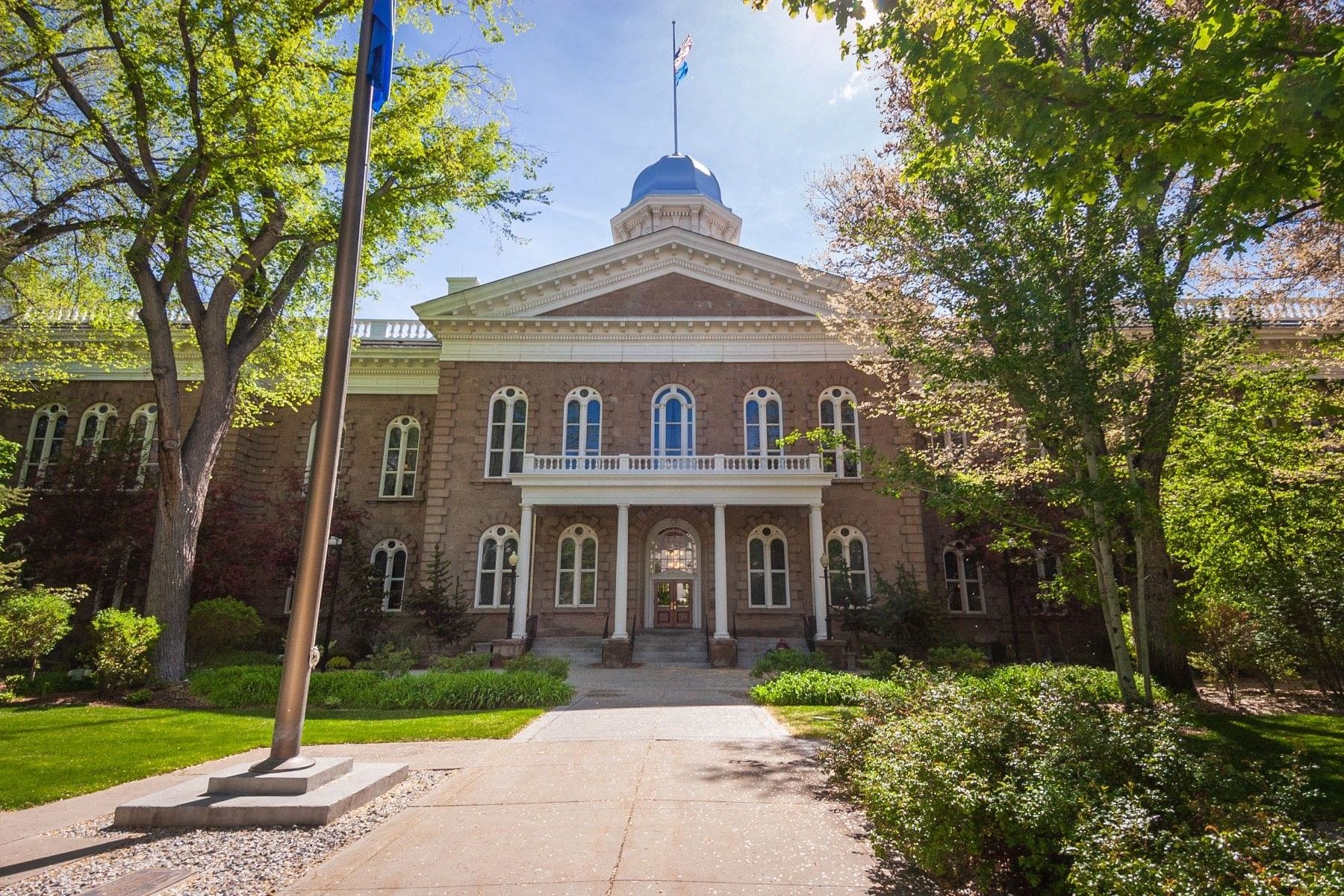Nevada Expert Witness Rules: What Litigators Need to Know
Nevada courts demand strict and early expert disclosures, full reports, and Daubert-standard admissibility; noncompliance risks total exclusion.
Updated on
In this article
Nevada courts apply a structured and formalized approach to expert witnesses, modeled in large part on the federal system. Governed by the Nevada Rules of Civil Procedure (NRCP) and the Nevada Rules of Evidence (NRE), expert disclosure, discovery, and admissibility are tightly regulated. Particularly in personal injury, construction defect, and medical malpractice litigation, expert testimony is often the linchpin of a party’s case—making compliance with Nevada’s disclosure requirements and evidentiary standards non-negotiable.
Designation Requirements
Under NRCP 16.1(a)(2)(B), Nevada mandates early and complete disclosure of expert witnesses expected to testify at trial. Parties must provide detailed expert disclosures as part of their initial and supplemental discovery obligations. These disclosures serve as the formal designation and must include:
- The identity of each expert
- A written report for retained experts (see next section)
- The subject matter and opinions to be offered
- A summary of qualifications
- A list of publications from the previous 10 years
- A list of testimony given in the past 4 years
- The compensation being paid
The disclosures must comply with court-imposed deadlines, which are typically outlined in a Scheduling Order or Case Management Conference Order. Failure to timely or adequately disclose expert witnesses may result in preclusion under NRCP 37(c)(1).
Expert Disclosure Process
Nevada requires full expert reports for all retained experts. Under NRCP 16.1(a)(2)(B), these reports must be:
- Written and signed by the expert
- Contain a complete statement of all opinions to be expressed
- Include the basis and reasons for each opinion
- Identify the facts or data considered in forming the opinions
- Disclose any exhibits the expert will use
- Include the expert’s qualifications and case/testimony history
These disclosures are generally due 90 days before the discovery cut-off or as otherwise specified in a scheduling order. Rebuttal experts must be disclosed within 30 days of the initial expert disclosure.
Failure to serve a complete expert report may bar the expert’s testimony at trial, even if the expert was timely disclosed. Nevada courts enforce disclosure rules strictly, especially in complex litigation.
Required Declarations
Nevada does not require expert declarations or affidavits as part of routine disclosures. However, they are frequently required in support of summary judgment motions under NRCP 56(c). When an expert’s opinion is necessary to establish a genuine issue of material fact—such as in medical negligence or product liability—the court will expect a sworn affidavit or declaration that:
- Is made on personal knowledge
- Sets forth specific, admissible facts
- Demonstrates the expert’s competence and methodology
In medical malpractice cases, expert affidavits are critical. Under NRS 41A.071, plaintiffs must file an affidavit of merit with the complaint, signed by a qualified medical expert who supports the claim. Noncompliance results in mandatory dismissal with prejudice.
Fees and Compensation
Expert witness compensation in Nevada is privately negotiated but must be reasonable. When one party seeks to depose another party’s expert, NRCP 26(b)(4)(E) entitles the expert to:
- A reasonable fee for the time spent preparing and attending the deposition
Preparation time may also be compensable if necessary for an effective deposition. If there is a dispute over the fee’s reasonableness, the court may intervene and set compensation based on the expert’s experience, time invested, and complexity of the issues.
Discovery Scope and Limitations
Nevada allows broad expert discovery under NRCP 26(b)(4), which mirrors the federal rules. Discovery of testifying experts includes:
- Depositions
- Access to expert reports
- Examination of data, documents, and literature relied upon
- Compensation arrangements
Parties may also subpoena prior testimony or publications to evaluate credibility and consistency.
However, discovery of non-testifying consultants—experts retained in anticipation of litigation but not expected to testify—is permitted only under exceptional circumstances, such as where the facts cannot be obtained by other means.
While draft reports and attorney-expert communications are generally protected under NRCP 26(b)(4)(B) and (C), exceptions apply where the communication relates to compensation, facts provided by counsel, or assumptions the expert was instructed to consider.
Admissibility Standards
Nevada follows the Daubert standard for expert testimony admissibility. Under this standard, expert testimony is admissible if:
- The witness is qualified by knowledge, skill, experience, training, or education
- The testimony is based on sufficient facts or data
- The testimony is the product of reliable principles and methods
- The expert has reliably applied those methods to the case facts
Trial judges act as gatekeepers and may conduct pretrial admissibility hearings to evaluate the expert’s methodology. This is especially common in complex tort, toxic tort, or commercial litigation, where the reliability of expert conclusions is often challenged.
Key Deadlines & Strategy Notes
Nevada’s expert-related deadlines are typically set by a case-specific scheduling order, but standard timelines include:
- Initial expert disclosures: 90 days before discovery closes
- Rebuttal experts: 30 days after initial disclosure
- Affidavit of merit (medical malpractice cases): Filed with the complaint under NRS 41A.071
- Motions in limine/Daubert motions: Due by the pretrial motion deadline, often 30–45 days before trial
Practitioners should engage experts early and ensure they are prepared to withstand Daubert scrutiny. Failure to disclose timely or insufficient report detail can result in automatic exclusion, even if the expert is otherwise qualified.
State-Specific Statutes & Local Rules
- NRCP 16.1(a)(2)(B): Expert witness disclosure requirements
- NRCP 26(b)(4): Expert discovery scope, compensation, and protections
- NRCP 56(c): Summary judgment affidavits and declarations
- NRS 41A.071: Affidavit of merit requirement in medical malpractice cases
- Frias v. Valle, 101 Nev. 219 (1985) and subsequent decisions: Define the admissibility of expert testimony in Nevada courts
Local rules in Clark County and Washoe County may supplement state rules with additional formatting, timing, or case management provisions for expert disclosures. Attorneys should review judge-specific pretrial orders and standing instructions for expert-related procedures.


